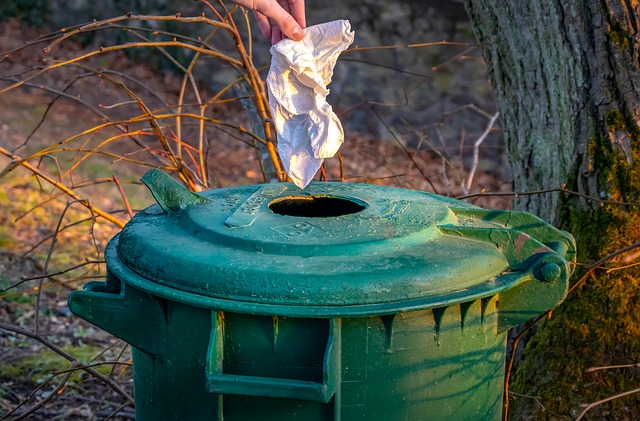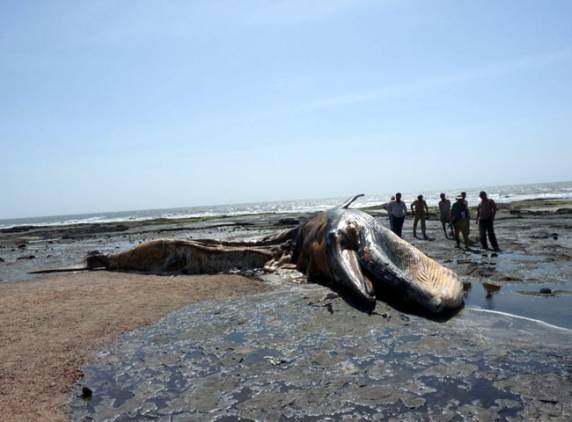How eco-friendly are you? One research says you might be overestimating yourself
We are all familiar with environmental jargon like reduce-reuse-recycle or stop using plastic. Many of us also take these motivations seriously and act upon them. But research by the University of Gothenburg with participants from India, Sweden, England, and the United States found that people tend to overestimate their environmentally friendly engagements and always think that they do more for the planet than their friends or any other person.
The researchers asked more than 4000 people how much and how often did they act in an environmentally friendly manner. This included activities like buying eco-friendly products, reducing their energy consumptions, reducing purchases of plastic bags, etc.
Read More: How Children Can Get Close to Nature
It turns out that most responders believed they did much more than other people. This was both in comparison to people they knew and also to strangers. Thus, every person had an optimistic overestimation of how much they cared for the environment.
The study authors say that this is the same case when it comes to being more honest or being more creative where people think they are usually better than others.
“The results point out our tendency to overestimate our own abilities, which is in line with previous studies where most people consider themselves to be more honest, more creative, and better drivers than others. This study shows that over-optimism, or the “better-than-average” effect, also applies to environmentally friendly behaviours,” says environmental psychology researcher Magnus Bergquist.
The study found that people especially thought they were more environmentally conscious than others for activities they did often. For example, if you rode a bike to work instead of driving a car and did that regularly, you would have a false impression that you were much more eco-conscious than people around you, even if someone else you knew could be doing an equally noble activity like regularly cleaning the beach of trash or using no plastic.
Read More: A Village in Love with Blackbucks
When you’re thinking you’re doing more…you end up doing less

A consequence of having this alleviated feeling of being more environmentally friendly than others is that most of us tend to do less, say the researchers. This is because we think we have already done enough as we see it more as a social obligation that we have overachieved rather than a realistic goal.
If we really are concerned for the planet’s health Magnus suggests, we create norms for others to follow, just like we set moral rules like being honest or encouraging creativity.
“One way to change this faulty opinion, is to inform people that others actually behave environmentally friendly, and thereby creating an environmentally friendly norm. Social norms affect us also in this area, we know this from previous studies,” says Magnus Bergquist.
The next time you are picking up the trash on the roadside and thinking you’ve done more than you were obliged to do, consider making that a routine habit and asking everyone you know to join in the action of keeping your neighbourhood clean. That way, everyone involved will be encouraged to do more.





